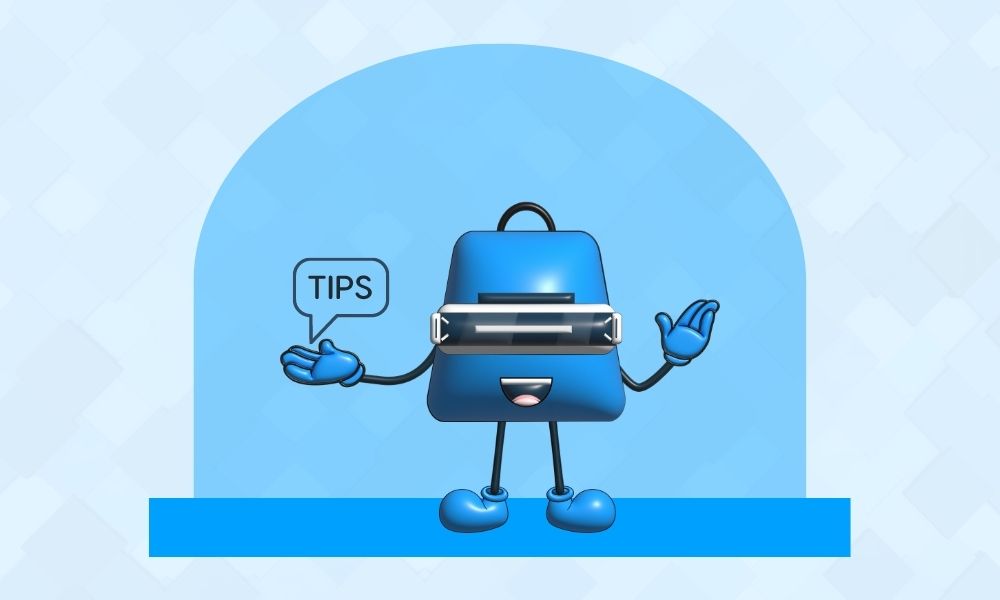
Risk management is the set of steps that traders take to limit their losses and keep a good risk-to-reward ratio.
Risk management can help keep a trader from losing all of their money on the account. Risk management is something that both new and experienced traders should use.
Here are the top ten things you should do to improve risk management.
1. Know your role
Gaps in corporate duties raise the risk. Make sure everyone knows their company's role and tasks.
2. Find dangers early
Risk is always a consideration. Start every project with risk management. Doing this sooner will make risk management more straightforward.
3. Be optimistic
Don't just focus on negative risks. Risks can also provide opportunities to capitalize on an event or scenario.
4. Identify risk
Create a risk "string" to separate cause and effect during risk assessment.
5. Estimate and prioritize risk
Prioritize all known risks using a risk matrix. Probability and impact determine risk severity (severity).
6. Take charge
Instead of waiting for someone else to fix a safety, fraud, or security concern, take responsibility. Empowering everyone to speak out and act improves risk management.
7. Learn from mistakes
Use historical data and anecdotes to avoid repeating mistakes.
8. Manage risk properly
Risk management should follow the 4Ts paradigm.
Involved:
Transferring risk - Giving someone else the risk.
Tolerating risk - No risk mitigation is done (it still needs to be monitored).
Treating risk - Preventing or minimizing risk.
Risk elimination - changing methods or practices.
 Related Topic: What Is Risk Management? Related Topic: What Is Risk Management? |
9. Keep a risk register
By capturing all company hazards, you can see the overall picture of your risk exposure, enhancing information exchange and accountability. Document responsibility and assign a risk owner.
10. Maintain cautiousness
Risk management is crucial. New hazards and declining dangers change our risk level. Proactively monitoring your exposure will prepare you to act.
In conclusion, risk management is crucial because it helps find and deal with potential risks in the best way possible. Once a risk has been found, it is easy to take steps to reduce it.